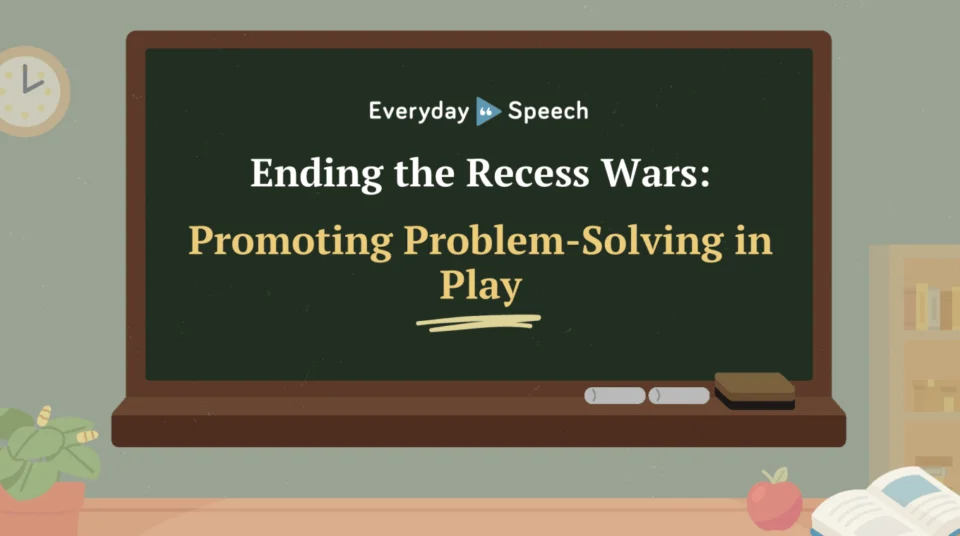Creating Effective IEP Goals for Developing Compromise Skills
Get free social skills materials
No-prep lessons on self-regulation, emotional recognition, conversation skills, and more.
Sign up hereDownload 50+ Example IEP Goals
Customizable library of strengths-based goals
In special education, it’s crucial to address the development of essential life skills that can impact a student’s learning and social interactions. One such vital skill is compromise. In this blog post, we will explore the significance of compromise, the role of specialists, and how to create effective IEP goals to support its development.
Understanding Compromise and its Impact
Compromise is the ability to find a middle ground when our thoughts or ideas do not align with those of our peers. This skill is critical in maintaining healthy relationships and fostering a positive learning environment. Developing compromise skills can enhance a student’s social interactions, problem-solving abilities, and overall wellbeing.
The Role of Specialists
Various specialists can support the development of compromise skills in students, including:
- Speech-Language Pathologists: They can help students improve their communication skills, enabling them to express their thoughts and negotiate effectively during disagreements.
- Social Workers: They can work with students to build their social skills and teach them strategies for resolving conflicts through compromise.
- Psychologists: They can help students understand their emotions and the emotions of others, which is essential for finding middle ground during disagreements.
- School Counselors: They can provide guidance on conflict resolution techniques and assist students in developing healthy relationships through compromise.
IEP Goals for Developing Compromise Skills
Here are some specific SMART IEP goals for developing compromise skills:
- Goal: The student will demonstrate the ability to compromise during disagreements with peers in 4 out of 5 opportunities.
Strategies/Activities: Role-play scenarios, practice using compromise phrases, and provide visual aids for conflict resolution.
- Goal: The student will use appropriate compromise phrases in 3 out of 4 peer interactions involving disagreements.
Strategies/Activities: Teach and practice common compromise phrases, create visual cue cards, and use social stories to model appropriate behavior.
Implementing and Measuring Progress
To effectively implement and measure progress towards these IEP goals, consider the following tips:
- Collaborate with specialists to develop and implement strategies and activities.
- Monitor the student’s progress through observation and documentation of peer interactions.
- Provide regular feedback and reinforcement to encourage the student’s growth in compromise skills.
- Review and adjust goals as needed based on the student’s progress.
Conclusion
Developing compromise skills is essential for students’ social interactions and overall wellbeing. By creating effective IEP goals, collaborating with specialists, and implementing engaging strategies, educators can support students in mastering this vital skill. We encourage you to apply these IEP goals and strategies in your practice and invite you to explore more resources at Everyday Speech Sample Materials.


